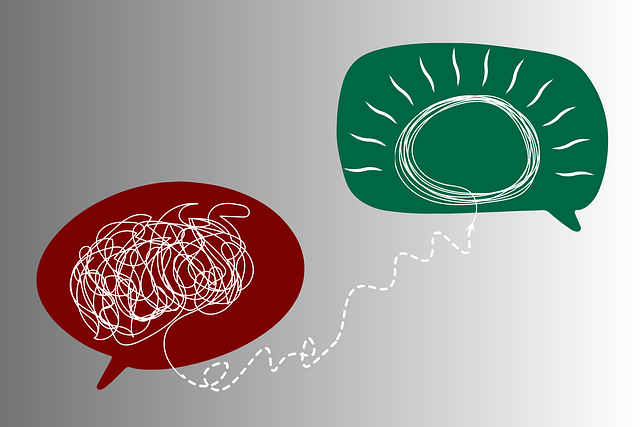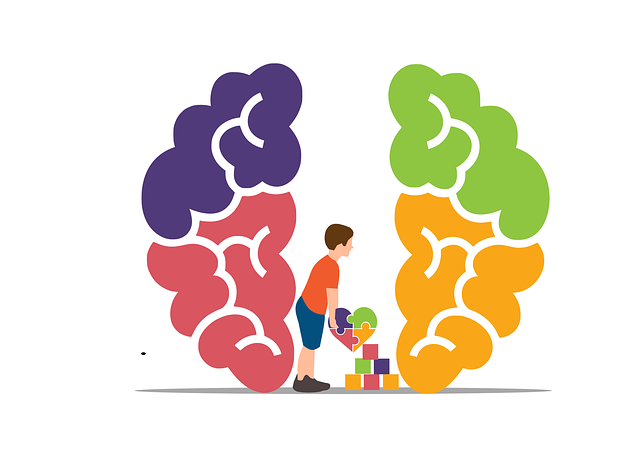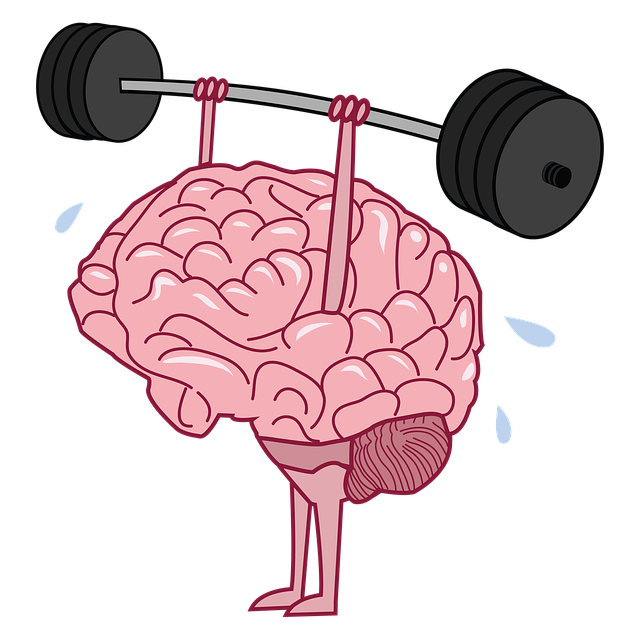Mental health education, led by organizations like Lakewood Depression Therapy, is a powerful tool in breaking down the stigma surrounding mental illness and encouraging open dialogue. Through comprehensive programs that include interactive sessions, workshops, and practices like compassion cultivation, individuals gain essential coping tools and self-care routines. This approach promotes resilience, normalizes help-seeking behaviors, and fosters supportive communities. By integrating education into schools, workplaces, and community settings, and dispelling myths around mental health, Lakewood Depression Therapy helps create a society that prioritizes emotional well-being alongside physical health.
In today’s fast-paced world, mental health education is more crucial than ever. The design of effective programs plays a pivotal role in fostering open dialogue and reducing stigma surrounding mental health issues, such as depression, which affects countless individuals, including those seeking therapy in Lakewood. This article explores the key components of creating impactful mental health education initiatives, from debunking myths to implementing interactive strategies that cater to diverse audiences. By understanding these elements, we can facilitate positive change and improve access to resources like Lakewood Depression Therapy.
- Understanding Mental Health: Breaking Down Stigma and Misconceptions
- – The significance of mental health awareness in modern society
- – Identifying common myths and providing factual insights
Understanding Mental Health: Breaking Down Stigma and Misconceptions

Mental health is a crucial aspect of overall well-being, yet it’s often surrounded by stigma and misconceptions that can deter individuals from seeking help. One of the primary goals of any mental health education program should be to break down these barriers. Education plays a pivotal role in challenging stereotypes and fostering an environment where conversations about mental illness are open and non-judgmental. By providing accurate information, we can dispel myths that often lead to isolation and shame. For instance, programs can highlight the fact that depression isn’t simply feeling sad; it’s a complex condition that impacts daily functioning, and Lakewood Depression Therapy offers specialized support for those facing these challenges.
Through interactive sessions, workshops on stress management, and practices like compassion cultivation, individuals can gain valuable tools to navigate their mental health journeys. Encouraging self-care routine development is another effective strategy as it empowers people to take proactive steps towards better mental health. By addressing these topics, mental health education programs contribute to a more understanding society where those struggling with their mental well-being feel supported and encouraged to seek the help they need.
– The significance of mental health awareness in modern society

In today’s fast-paced world, mental health education has emerged as a vital component in fostering well-being and resilience among individuals. Increasingly, communities are recognizing the profound impact of mental wellness on overall quality of life, relationships, and productivity. According to experts like those at Lakewood Depression Therapy, early intervention and ongoing support through comprehensive programs can significantly mitigate the effects of common mental health challenges such as anxiety and depression.
Promoting mental health awareness encourages individuals to engage in proactive self-care practices, including Mental Wellness Journaling Exercise Guidance and Stress Management techniques. Moreover, it paves the way for open conversations about emotional healing processes, breaking down stigma and fostering supportive environments. By integrating these educational initiatives into schools, workplaces, and community settings, we can create a more compassionate and inclusive society that prioritizes emotional well-being alongside physical health.
– Identifying common myths and providing factual insights

Myths about mental health often perpetuate stigma and hinder individuals from seeking necessary support. A well-designed education program can play a pivotal role in dispelling common misconceptions. For instance, many still believe that asking for help is a sign of weakness or that mental illness is rare. At Lakewood Depression Therapy, we aim to empower people by providing factual insights into various conditions, emphasizing that mental health struggles are prevalent and treatable. By offering evidence-based information, we can encourage open conversations and reduce the stigma associated with seeking therapy.
Incorporating topics like Anxiety Relief and Burnout Prevention Strategies for Healthcare Providers is essential within these educational programs. Teaching resilience-building techniques can arm individuals with tools to manage stress and promote better mental well-being. This proactive approach not only benefits healthcare providers but also fosters a supportive environment where seeking help is normalized, ultimately leading to improved access to mental health services.
Mental health education is a powerful tool for fostering understanding and compassion. By addressing misconceptions and breaking down stigma, programs like those designed by Lakewood Depression Therapy can significantly improve societal attitudes towards mental wellness. Empowering individuals with knowledge enables proactive care, ultimately leading to happier, healthier communities. Through continuous learning and open dialogue, we can create an environment where everyone feels supported and equipped to navigate their mental health journeys.














